John Constable
Landscape and Place
1805–1836
John Constable, RA (11 June 1776 – 31 March 1837) was an English landscape painter in the naturalistic tradition. Born in Suffolk, he is known principally for his landscape paintings of Dedham Vale, the area surrounding his home – now known as “Constable Country” – which he invested with an intensity of affection. “I should paint my own places best”, he wrote to his friend John Fisher in 1821, “painting is but another word for feeling”.
Constable’s most famous paintings include Wivenhoe Park of 1816, Dedham Vale of 1802 and The Hay Wain of 1821. Although his paintings are now among the most popular and valuable in British art, he was never financially successful. He became a member of the establishment after he was elected to the Royal Academy at the age of 52. His work was embraced in France, where he sold more than in his native England and inspired the Barbizon school.
Of Constable’s colour, Delacroix wrote in his journal: “What he says here about the green of his meadows can be applied to every tone”. Delacroix repainted the background of his 1824 Massacre de Scio after seeing the Constables at Arrowsmith’s Gallery, which he said had done him a great deal of good.
In his lifetime, Constable sold only 20 paintings in England, but in France he sold more than 20 in just a few years. Despite this, he refused all invitations to travel internationally to promote his work, writing to Francis Darby: “I would rather be a poor man [in England] than a rich man abroad.” In 1825, perhaps due partly to the worry of his wife’s ill-health, the uncongeniality of living in Brighton (“Piccadilly by the Seaside”), and the pressure of numerous outstanding commissions, he quarrelled with Arrowsmith and lost his French outlet.
He was elected to the Royal Academy in February 1829, at the age of 52. In 1831 he was appointed Visitor at the Royal Academy, where he seems to have been popular with the students. He began to deliver public lectures on the history of landscape painting, which were attended by distinguished audiences. In a series of lectures at the Royal Institution, Constable proposed a three-fold thesis: firstly, landscape painting is scientific as well as poetic; secondly, the imagination cannot alone produce art to bear comparison with reality; and thirdly, no great painter was ever self-taught.
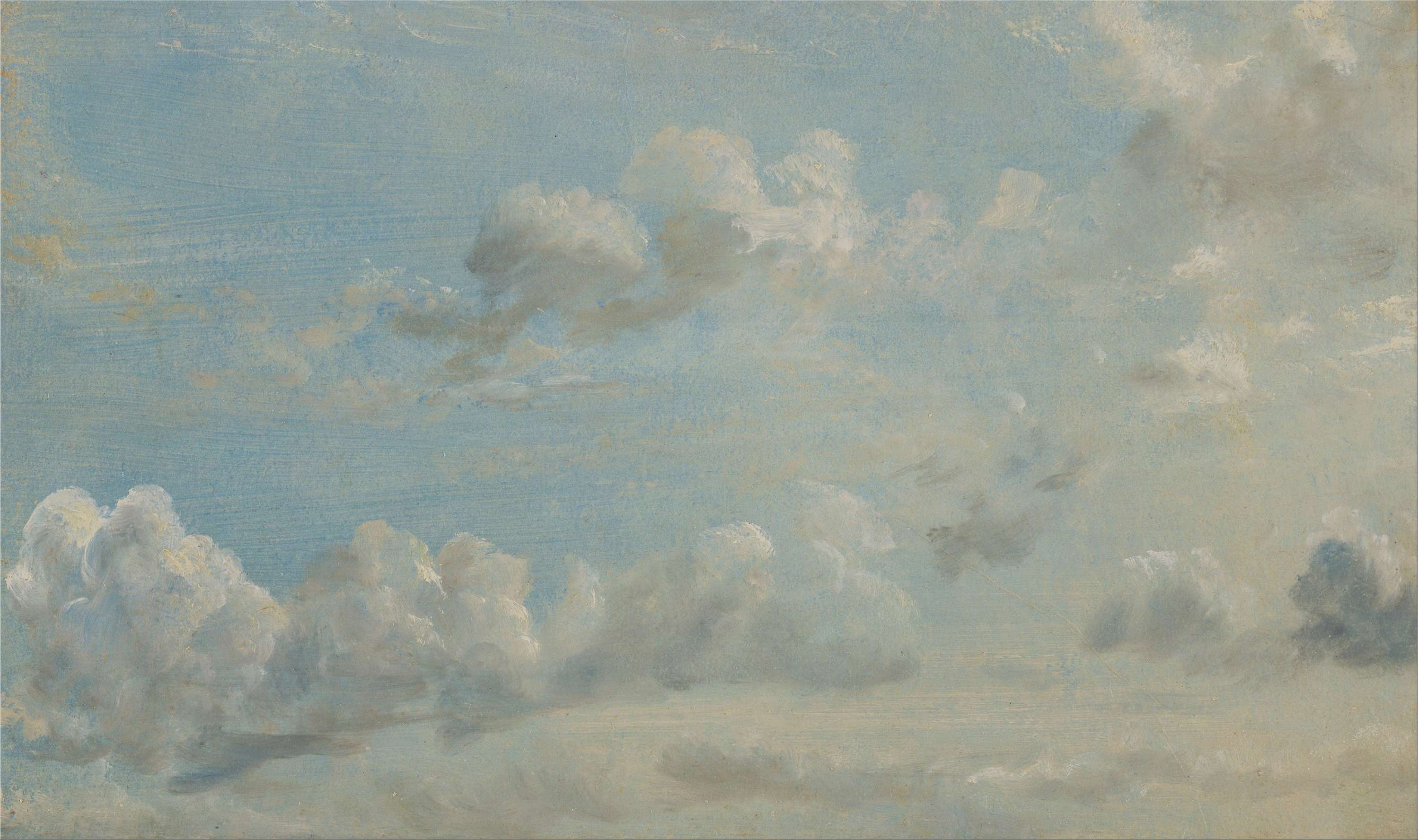
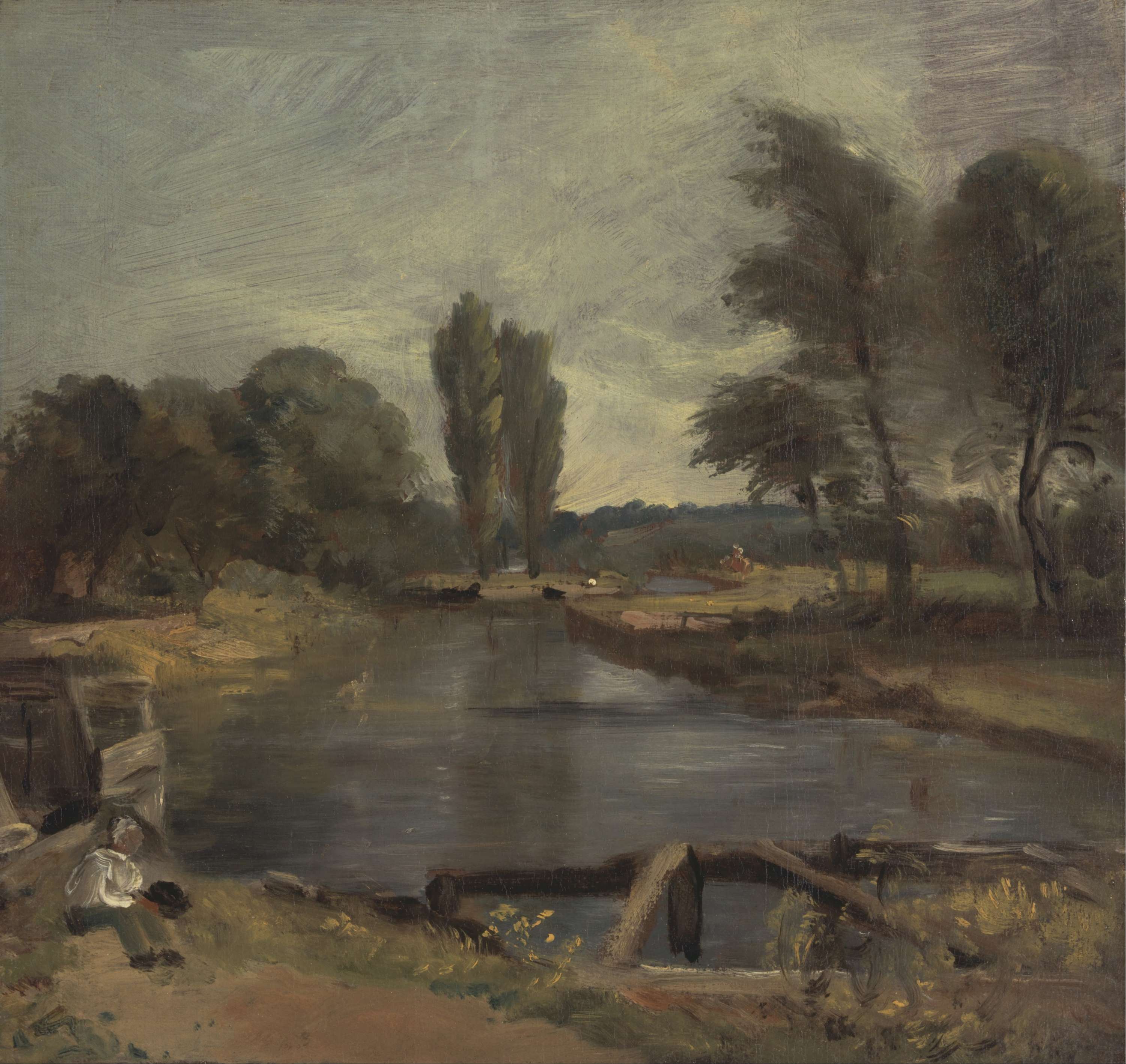
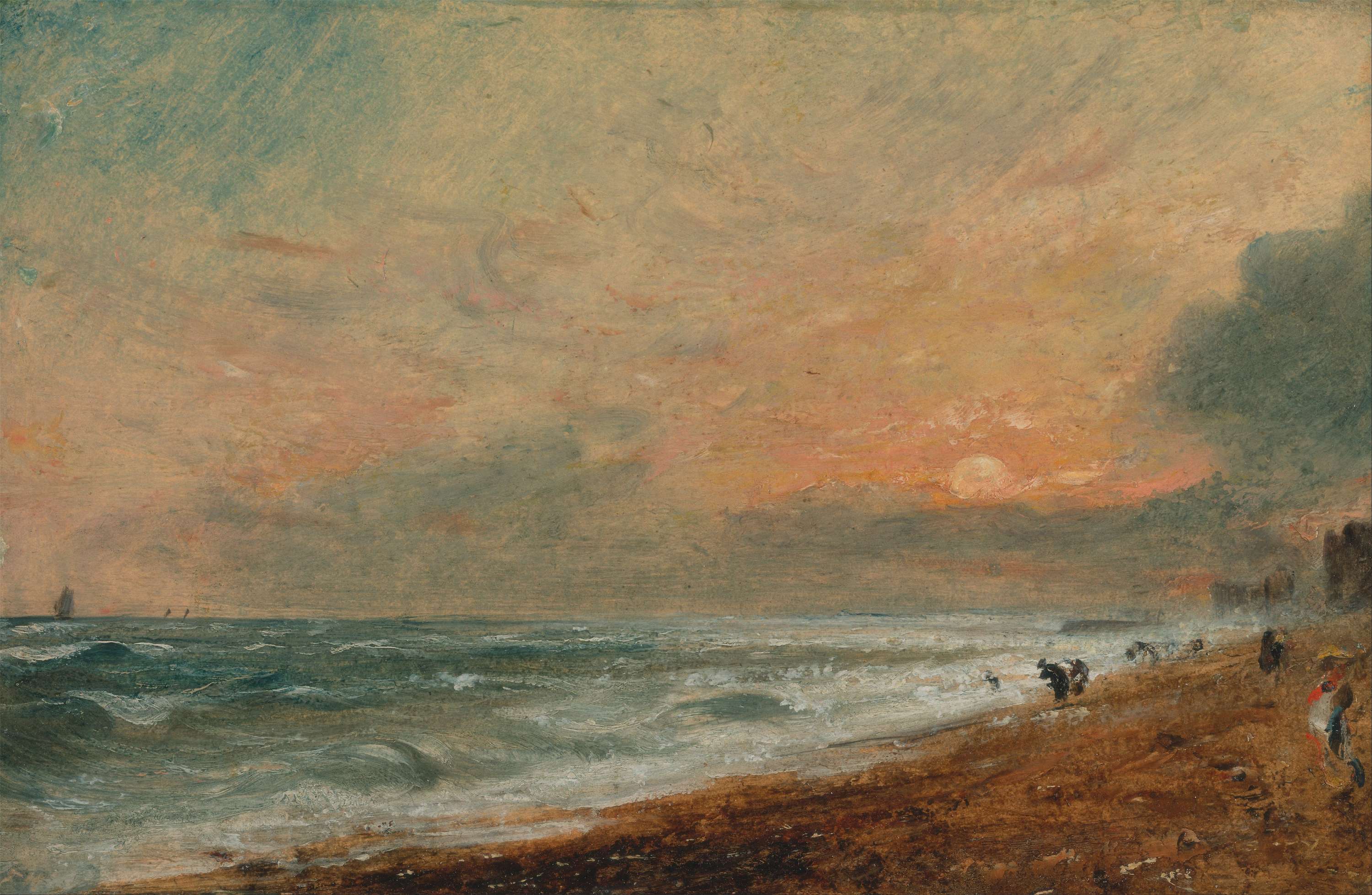
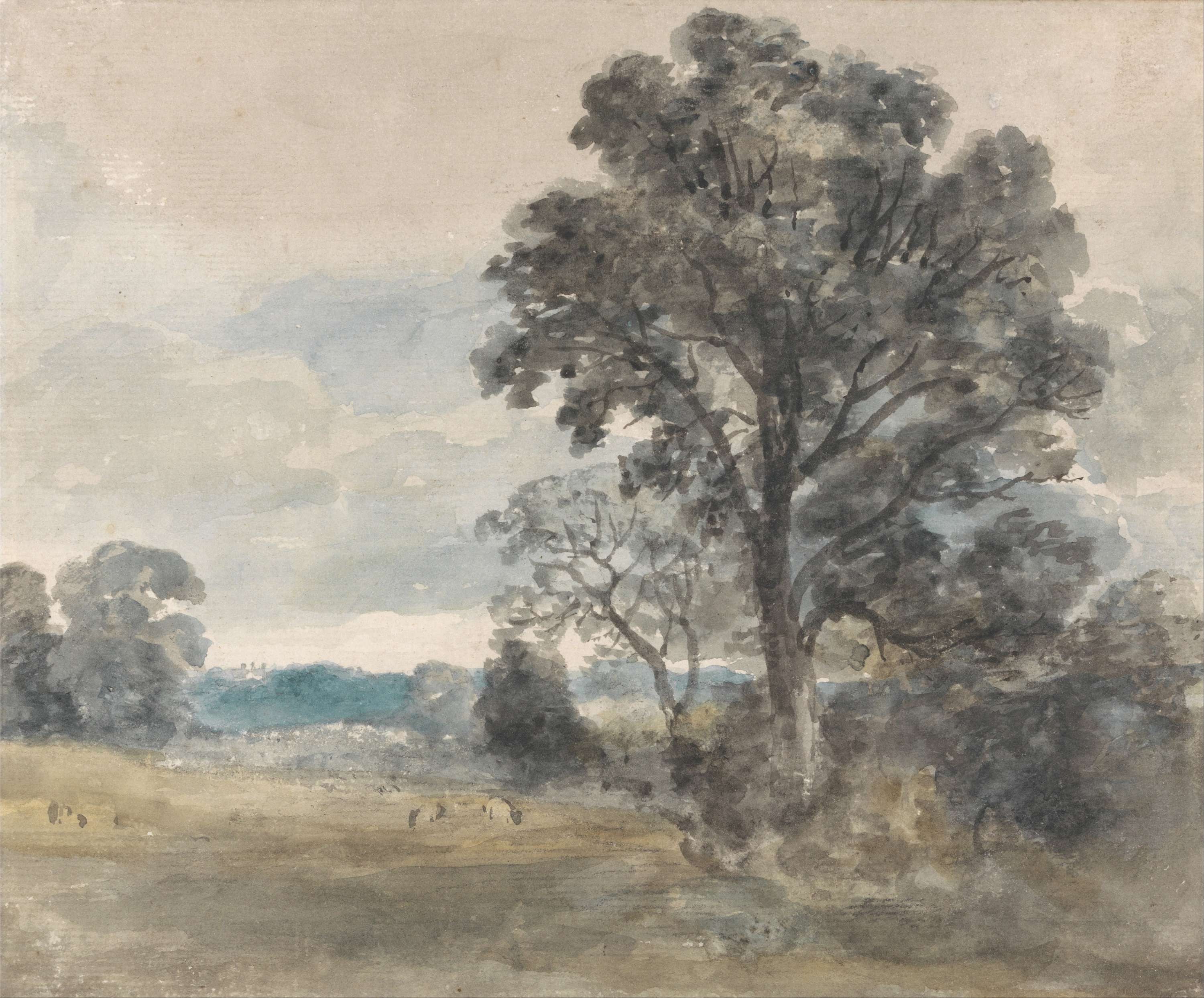
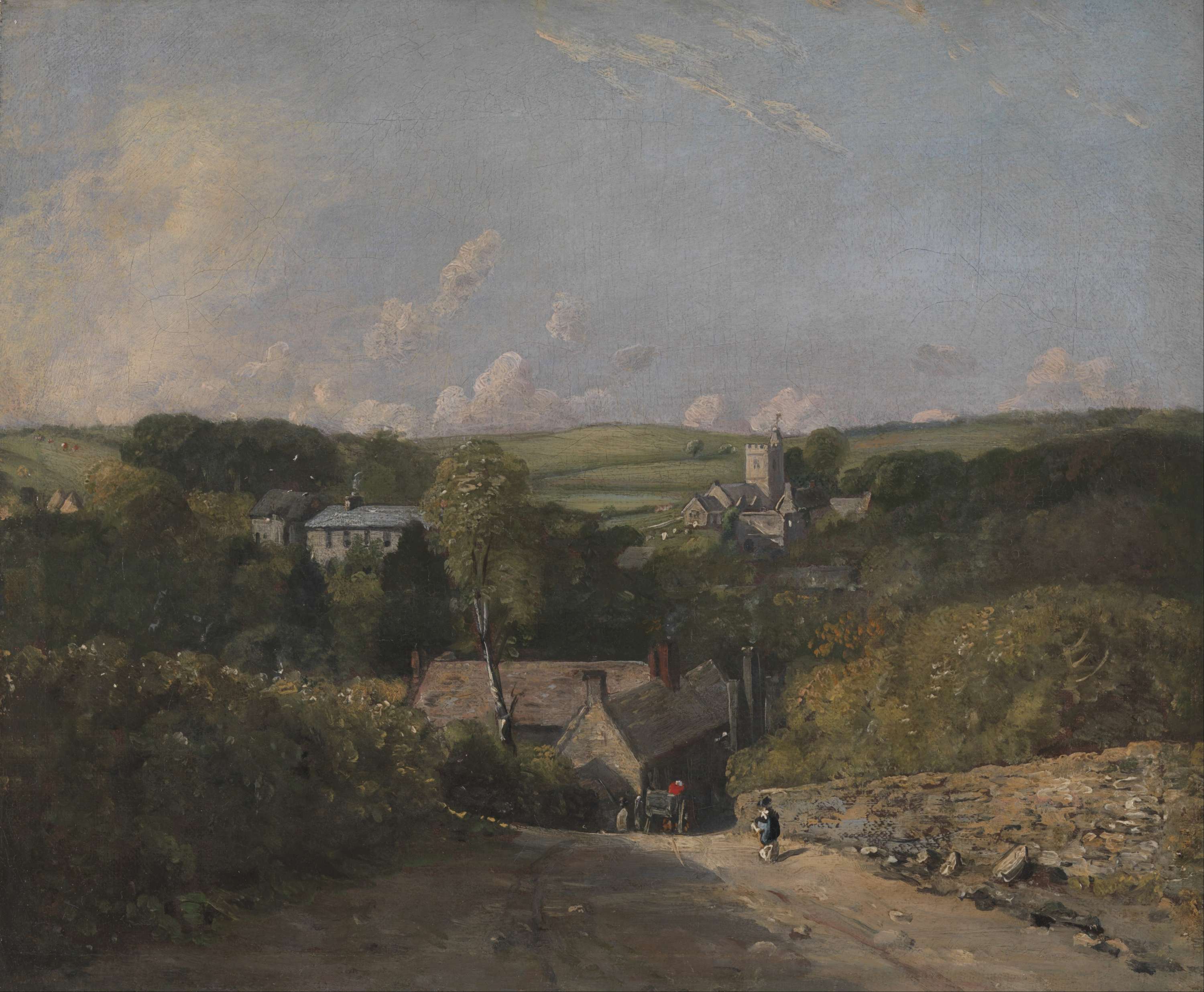
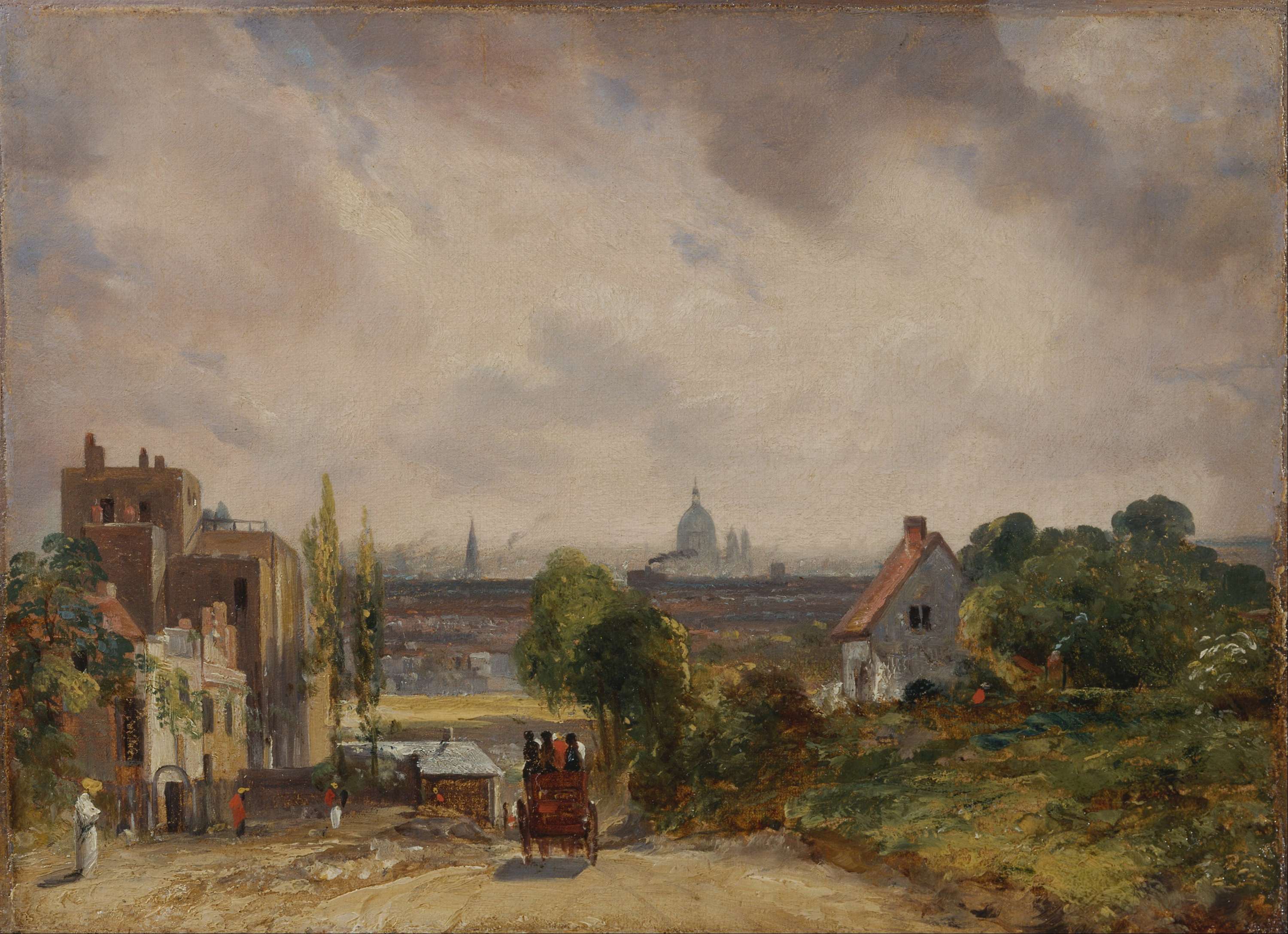
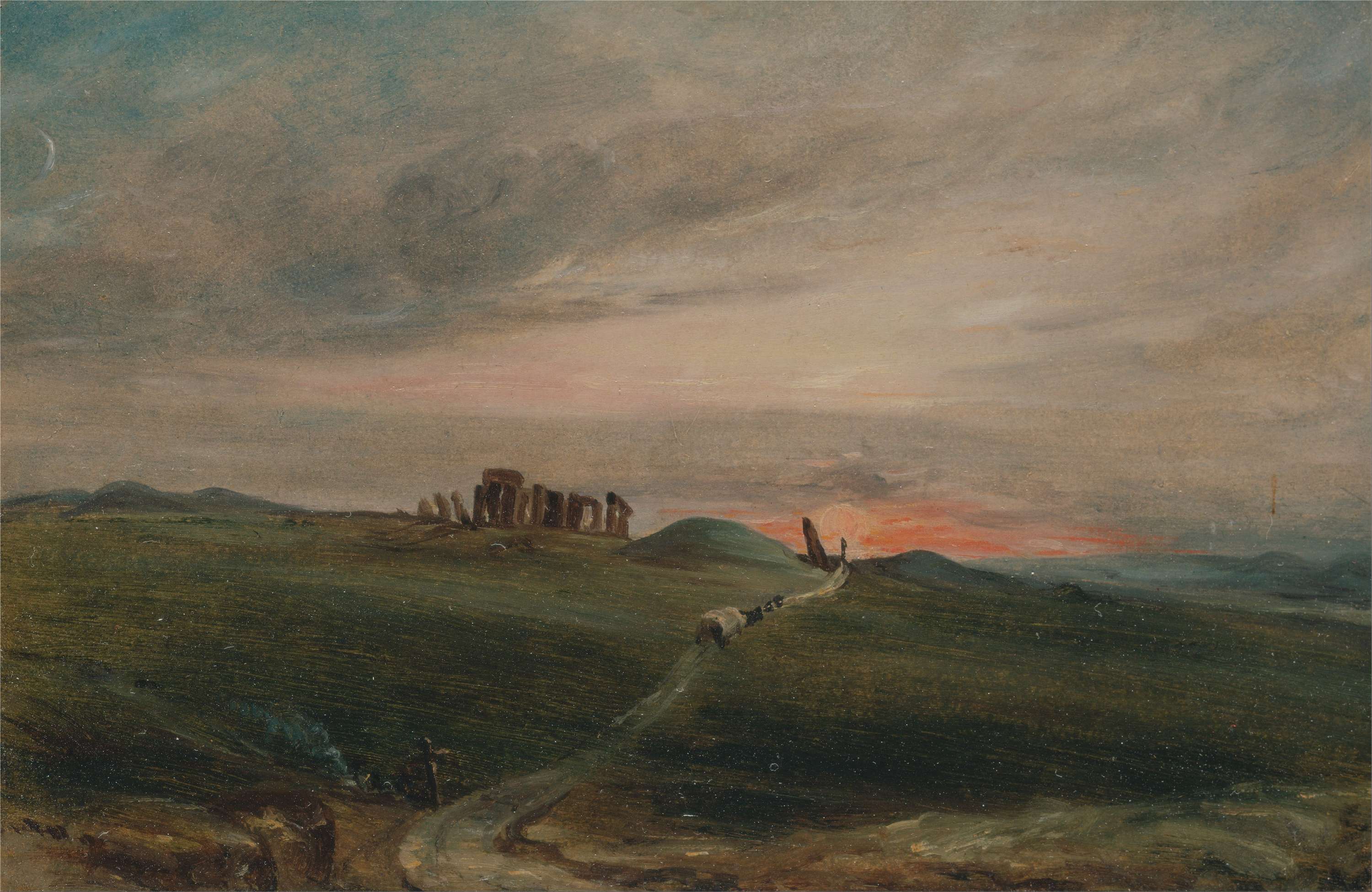
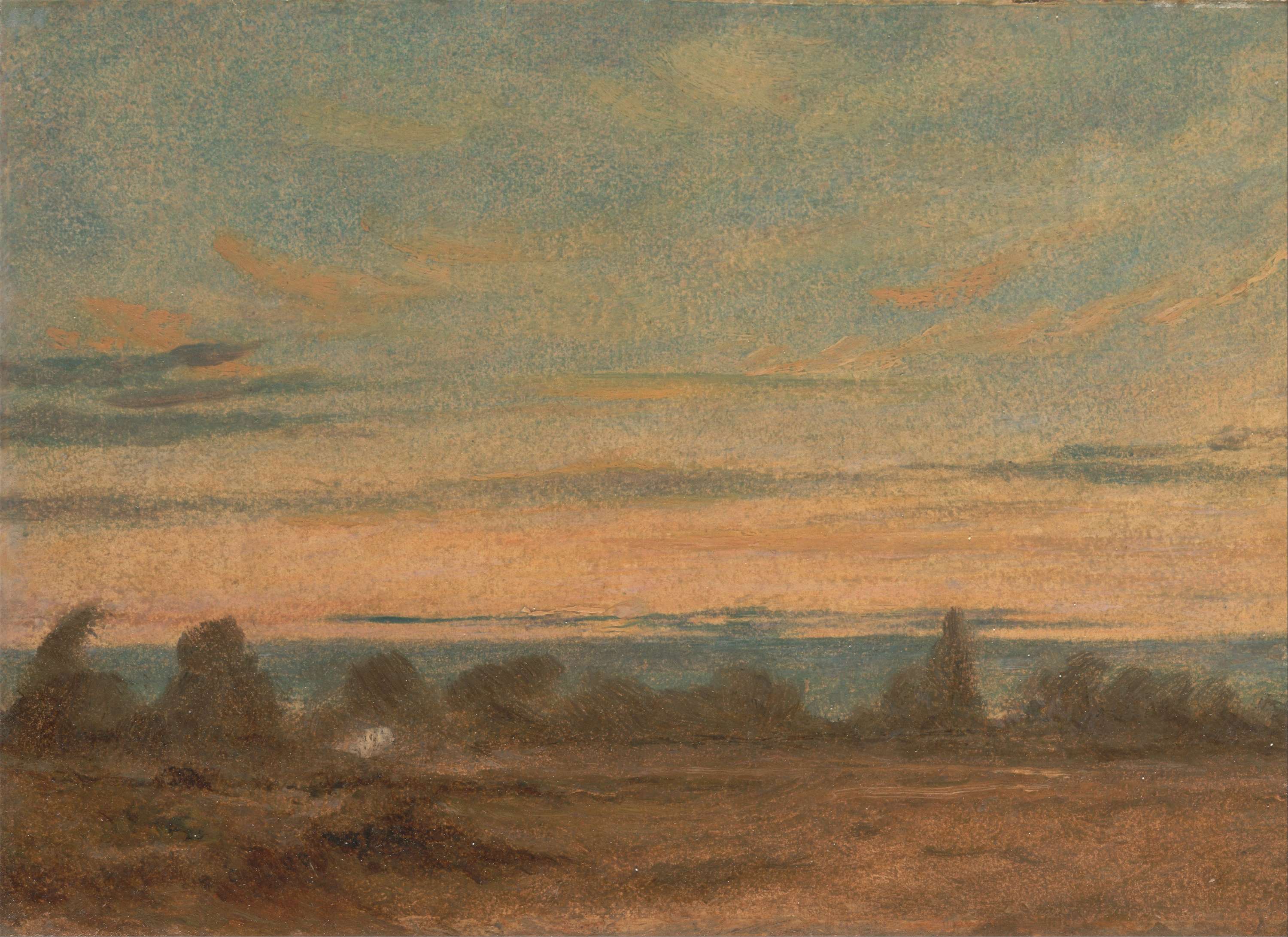
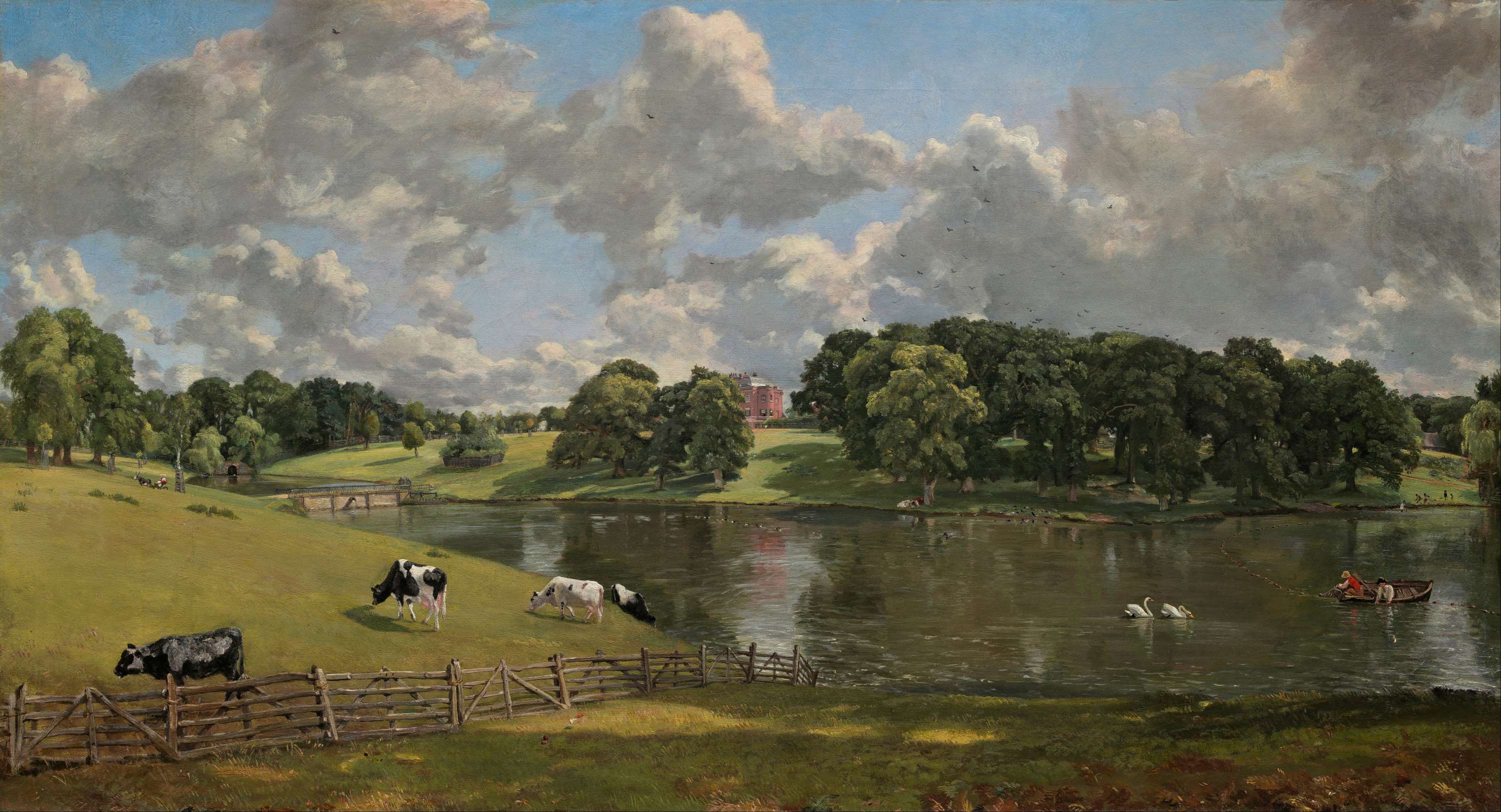
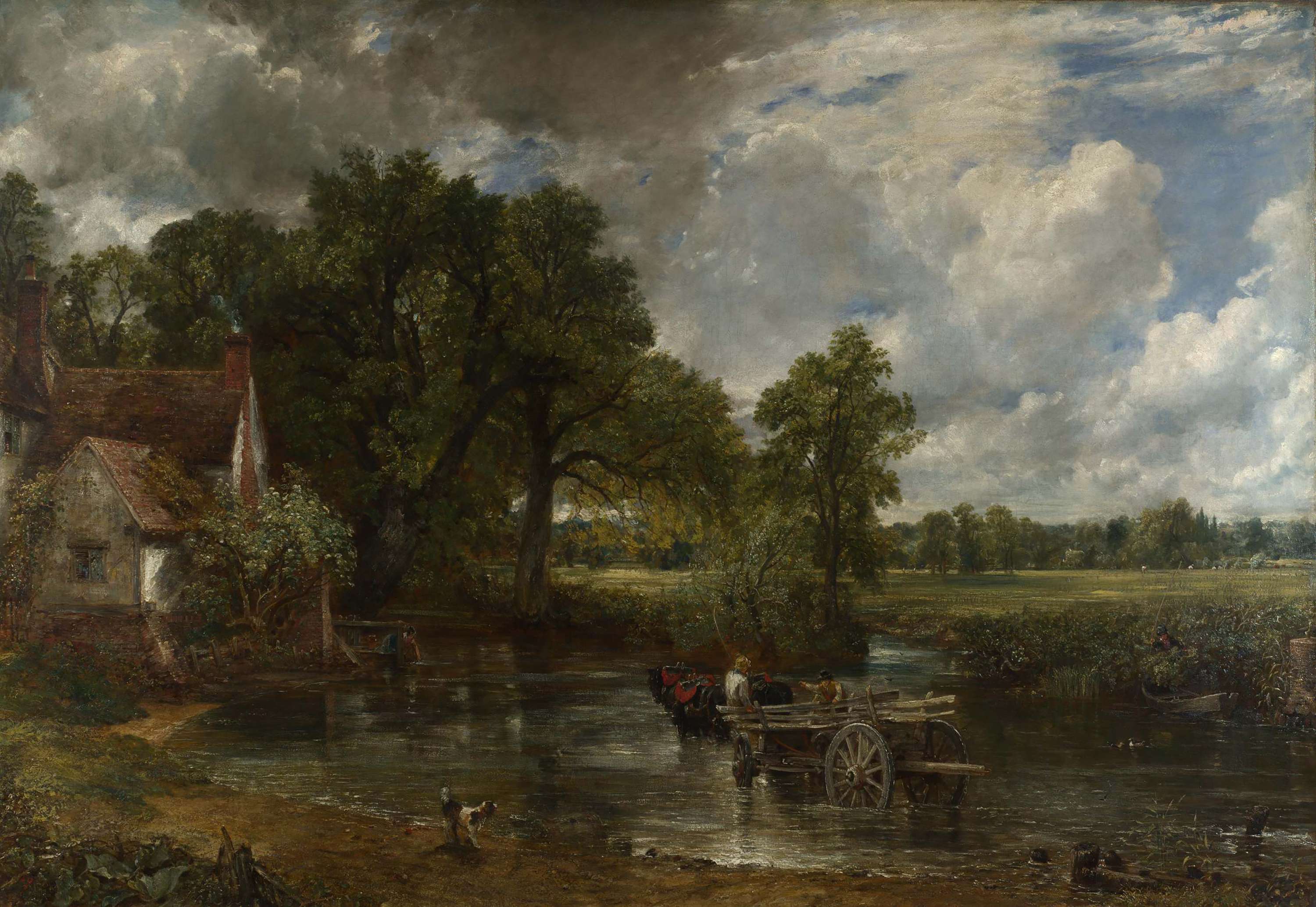
Lieu: Dedham Vale, United Kingdom
Mouvement: Naturalisme
Text: Wikipedia
Publié: Juillet 2019
Catégorie: Peinture
Source